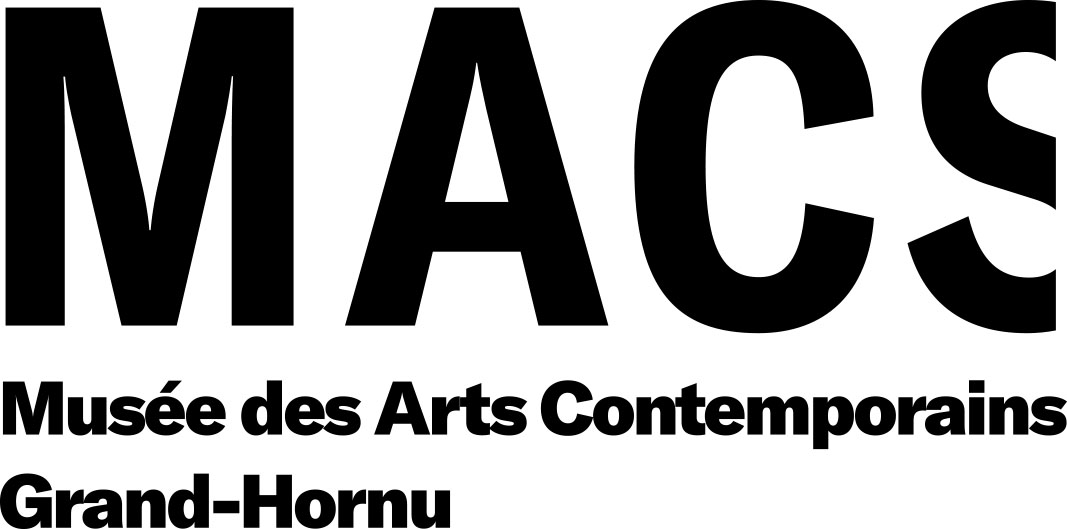How can we live in a society whilst preserving our individuality? What value can freedom have in a world organised by norms and algorithms? In the “age of the void” that is our own, what hope can there be of recovering the consistency of language and making our inner voices heard? In short, are we able to resist the “dictatorship of happiness” imposed by the neoliberal economy? At the crossroads of psychology and politics, these questions emanating from our crisis-stricken contemporary world resonate throughout the videos of Belgian artist Ariane Loze. The critical dimension of her film works appears as a riposte in a social context dominated by the precepts of late capitalism and where humanist values are ever scarcer, a phenomenon which we can observe in the supremacy of narcissism over empathy and in the reflex to close ranks in the face of alterity.
After first studying theatre, Ariane Loze continued her training in the field of performance, combining her skills as an actress with artistic research that took up audiovisual tools. While acting and directing remained integral parts of her practice, from 2008 onwards video emerged as her medium of choice as she made her first films: St. Erme, Horror and Pursuit. Even in these early works made with a limited economy of technical means, her singularity as an artist is visible, in particular in her decision to take on every aspect of filmmaking herself: Loze sets up her scenes and cameras, and plays every single role, before editing the films through a deft use of shot/reverse shot in order to create a seamless ensemble with a unity of place in which her different personae can coexist with one another. Though dialogue is absent from these early videos, in which facial expressions, gestures and poses are charged with conveying emotions and relationships, it would come to take on an ever more important role as Loze’s filmography developed, as we can observe in The Banquet, filmed as HISK in 2016, or the 2018 films L’Archipel du moi and Inner Landscape.
This exhibition brings together a dozen works produced over the past fifteen years, from Loze’s first silent videos to her latest film produced by the MACS by way of a recording of her 2021 performance Bonheur Entrepreneur and the possible activation by the public of a dialogue-based game, the performance The Banquet. This body of work resonates with the keen sense of satire that characterizes Loze’s writing, whether in the form of haughty small talk, meaningless management speak, troubled introspective voices or incisive political treatises (Machiavelli’s Prince is quoted liberally in L’Archipel du moi). To bring this retrospective to a close, Ariane Loze will also present a video triptych created for Le Grand-Hornu: Energeia, a (meta)physical meditation on energy and the ways in which it is extracted, transformed and preserved.
Ariane Loze was born in 1988. She lives and works in Brussels.
MACS – Museum of Contemporary Arts of the Wallonia-Brussels Federation, Rue Sainte-Louise 82 7301 Hornu MACS – Museum of Contemporary Arts of the Wallonia-Brussels FederationHow can we live in a society whilst preserving our individuality? What value can freedom have in a world organised by norms and algorithms? In the “age of the void” that is our own, what hope can there be of recovering the consistency of language and making our inner voices heard? In short, are we able to resist the “dictatorship of happiness” imposed by the neoliberal economy? At the crossroads of psychology and politics, these questions emanating from our crisis-stricken contemporary world resonate throughout the videos of Belgian artist Ariane Loze. The critical dimension of her film works appears as a riposte in a social context dominated by the precepts of late capitalism and where humanist values are ever scarcer, a phenomenon which we can observe in the supremacy of narcissism over empathy and in the reflex to close ranks in the face of alterity.
After first studying theatre, Ariane Loze continued her training in the field of performance, combining her skills as an actress with artistic research that took up audiovisual tools. While acting and directing remained integral parts of her practice, from 2008 onwards video emerged as her medium of choice as she made her first films: St. Erme, Horror and Pursuit. Even in these early works made with a limited economy of technical means, her singularity as an artist is visible, in particular in her decision to take on every aspect of filmmaking herself: Loze sets up her scenes and cameras, and plays every single role, before editing the films through a deft use of shot/reverse shot in order to create a seamless ensemble with a unity of place in which her different personae can coexist with one another. Though dialogue is absent from these early videos, in which facial expressions, gestures and poses are charged with conveying emotions and relationships, it would come to take on an ever more important role as Loze’s filmography developed, as we can observe in The Banquet, filmed as HISK in 2016, or the 2018 films L’Archipel du moi and Inner Landscape.
This exhibition brings together a dozen works produced over the past fifteen years, from Loze’s first silent videos to her latest film produced by the MACS by way of a recording of her 2021 performance Bonheur Entrepreneur and the possible activation by the public of a dialogue-based game, the performance The Banquet. This body of work resonates with the keen sense of satire that characterizes Loze’s writing, whether in the form of haughty small talk, meaningless management speak, troubled introspective voices or incisive political treatises (Machiavelli’s Prince is quoted liberally in L’Archipel du moi). To bring this retrospective to a close, Ariane Loze will also present a video triptych created for Le Grand-Hornu: Energeia, a (meta)physical meditation on energy and the ways in which it is extracted, transformed and preserved.
Ariane Loze was born in 1988. She lives and works in Brussels.





